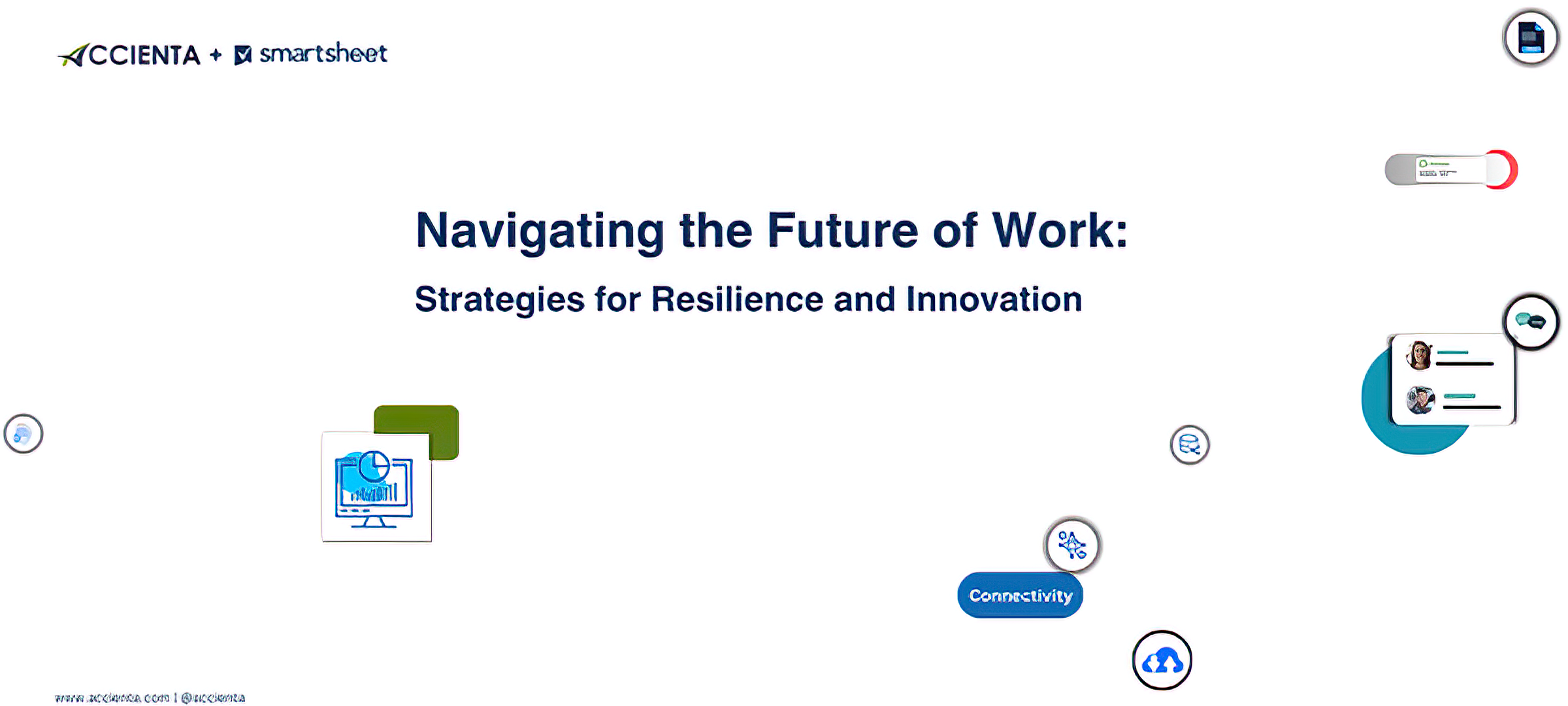In a world that has witnessed a profound transformation, the tale of the UAE’s workforce navigating the disruption of the pandemic stands as a beacon of resilience, innovation, and adaptability. This narrative is not just a recounting of events but a roadmap for the future, a testament to the indomitable spirit of workers across industries in the UAE and beyond.
Download the white paper here
The Shift to Remote Work in the UAE: A Post-Pandemic Reality
Amidst the sprawling deserts and futuristic skylines, the pandemic catalyzed a seismic shift in how work is performed. A tenfold increase in remote work was not just a statistic but a revolution, with 85% of the workforce adapting to the confines of their homes, transforming living spaces into offices. The fact that 67% of these employees had rarely worked remotely before the crisis underscores the magnitude of this transition. This wasn’t merely a shift in location but a redefinition of work culture that embraced flexibility and challenged traditional norms.
Navigating New Norms: Long-Term Remote Work Policies
Only 38% of organizations initially saw the expansion of remote work policies as a long-term adjustment. However, as the sands of the desert continually shift, so too do perspectives. A significant revelation came when 67% of organizations acknowledged the permanence of these changes. This evolution from a temporary solution to an enduring strategy marks a pivotal moment in the corporate ethos, signaling a future where work transcends physical boundaries.
Boosting Employee Engagement and Productivity Remotely
The journey, however, was fraught with challenges. Over half of the workforce felt adrift in this new sea of remote work, battling waves of disengagement and diminished productivity. The stark reality that only 11% thrived amidst these conditions highlights the critical need for tools and strategies to navigate these waters. The majority struggled not due to a lack of effort but because the digital lifelines meant to connect and enhance productivity fell short of meeting their needs.
The Critical Role of Collaborative Tools in Remote Work Success
In response, IT decision-makers embarked on a quest for the Holy Grail of work tools – solutions that foster cross-functional collaboration, seamlessly integrate with existing applications, and flexibly adapt to new processes. This quest reflects a deep understanding that the future of work is not just about where we work but how we work together, transcending geographical and organizational boundaries.
Reimagining Productivity: Learning from the Crisis
The call to action is clear—learn from those who weathered the storm gracefully and forge new pathways to engagement and productivity. This is not just about adopting digital transformation strategies but about reimagining the essence of productivity in a world where collaboration is critical. The emphasis on tools that resonate with IT and the workforce is a clarion call for a unified approach to innovation.
The Gap in Organizational Preparedness for Remote Work
Yet, amid this narrative of transformation and adaptation, a sobering truth emerges – only 23% of organizations feel fully equipped for this new era. This gap in readiness is not a sign of failure but a rallying cry for enterprises to rise to the occasion and bridge the divide with courage, creativity, and a commitment to continuous learning.
This story unfolds in every corner of the UAE, from the bustling markets of Dubai to the serene landscapes of Abu Dhabi. It’s a story that resonates with every worker in every industry, a story of overcoming adversity, embracing change, and paving the way for a future where work is not defined by location but by purpose, collaboration, and innovation. This is the story of the UAE’s dynamic workforce, a narrative of resilience, and a guidepost for the global community navigating the ever-changing work landscape.



